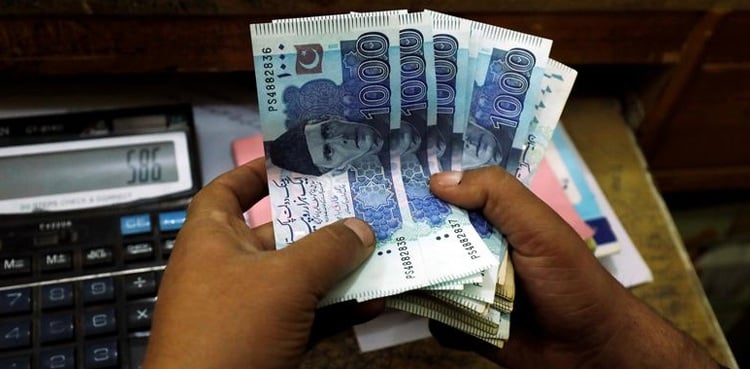Caffeine alters Estrogen levels in younger women
- January 30, 2015, 1:46 pm
- Health News
- 183 Views
ISLAMABAD, Jan 30(Online):Your daily dose of caffeine may tinker with more than just your energy levels.
A new study of women ages 18 to 44 found that drinking coffee and other caffeinated beverages can alter levels of estrogen. But the impact varies by race. In white women, for example, coffee appears to lower estrogen, while in Asian women it has the reverse effect, raising levels of the hormone.
The study did not look at older women, but women of child-bearing age who enjoy a daily cuppa have little reason to fret, the researchers said. The effects of caffeine on estrogen are so minimal that in healthy women, it has no impact on ovulation or overall health, at least in the short term.
“This is important physiologically because it helps us understand how caffeine is metabolized by different genetic groups,†said Dr. Enrique Schisterman, an author of the study and senior investigator at the National Institutes of Health. “But for women of reproductive age, drinking coffee will not alter their hormonal function in a clinically significant way.â€
The study, which was published in The American Journal of Clinical Nutrition, analyzed data on more than 250 women who were examined one to three times a week over two menstrual cycles. They provided blood samples along with details about behaviors like exercise, eating and smoking. On average, they consumed about 90 milligrams of caffeine a day, equivalent to roughly one cup of coffee.
After controlling for a number of variables, like age and diet, the researchers found that among Asian women, those who had 200 milligrams or more of caffeine a day had higher estrogen levels compared to those who consumed less. A similar pattern was seen among black women, though it was not statistically significant. In white women, however, 200 milligrams or more of caffeine appeared to have a slight lowering effect on estrogen.
Nationwide, about 90 percent of women between the ages of 18 and 34 drink the caffeine equivalent of one to two cups of coffee every day.
Why caffeine would have a different impact depending on race was unclear, though Dr. Schisterman said it was likely that genetics has an influence on caffeine metabolism. But the source of caffeine also seemed to make a difference. When the researchers looked exclusively at caffeine from beverages other than coffee — like green tea and soda — it was linked to higher estrogen in all women, regardless of race. Various levels of antioxidants and other compounds in the drinks, as well as additives like milk and sugar, might play a role, he said.
Dr. Schisterman noted that while healthy, premenopausal women should not worry about caffeine intake in the short term, more research was needed to see if there could be a cumulative impact over many years or decades.
“We don’t know if there are long-term effects of these small shifts in hormonal levels,†he said.










